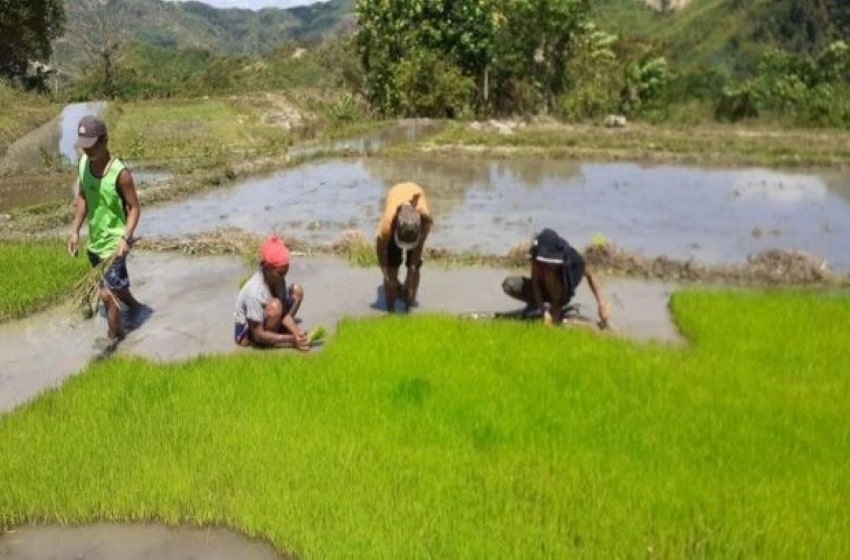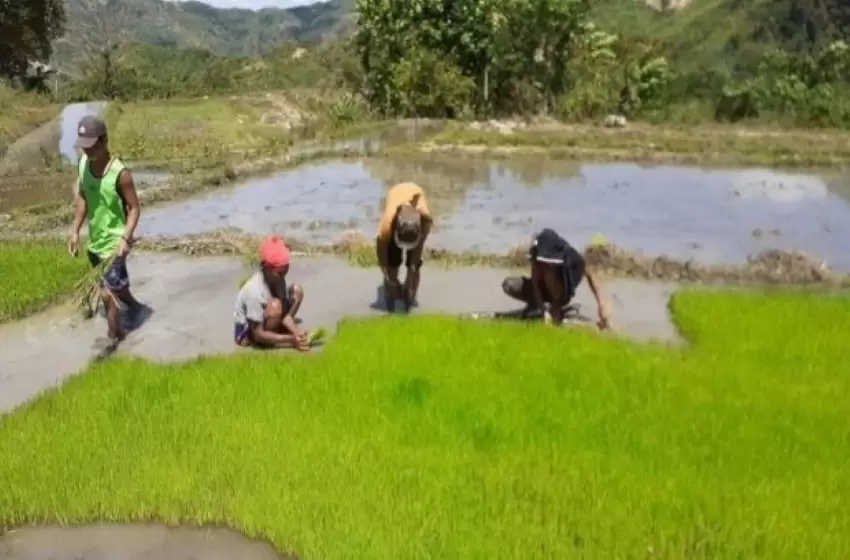

(C) inquirer.
The Philippines organized natural horticulture through Republic Act No. 10068, or the Organic Agricultural Act of 2010. They don’t sufficiently address the central inquiry of how to wean away 97 to 98 percent of makers, generally little, from substance bound cultivating to common, natural and biological agribusiness.
Philippine laws and the International Federation of Organic Agriculture Movements (IFOAM) give that “natural change” begins when a rancher quits utilizing synthetic substances and closes with affirmation of his homestead to be 100% natural, or compound free, after a thorough cycle. The IFOAM and Asian Regional Organic Standards (AROS) for market-ordered certificate need around three years of zero synthetic use.
So, the Philippines needs a natural horticulture program that permits and advances a steady, adjusted decrease of compound data sources and logically changes to a more strong or completely natural system.
Consequently, no unmistakable program and subsidizing for the progress to natural horticulture. The change is essential since, in such a case that all ranchers unexpectedly receive zero synthetic use, yields may drop to 50 to 60 percent.
Accordingly, food supply could be in danger except if the nation imports 5 to 6 million tons of all around processed rice that would cost P175 billion to P210 billion at P35 per kilo of rice. A successful natural cultivating program should perceive real conditions in the field and backing a development to move from synthetic based creation to natural and environmental cultivating techniques and worth chain.
There is at present a progressive decrease in the utilization of compound manures just on the grounds that it annihilates the dirt. Soil richness has declined by 40 to 50 percent because of proceeded with synthetic use. At this level, natural matter in the dirt is only 1.5 to 2 percent. A progress away from synthetic compounds will require a natural matter volume of 3%.
In addition to this, Developing soil wellbeing utilizing harvest or weed biomass reusing just is moderate. To capture yield decrease, voluminous measures of treated the soil natural manures or vermi-fertilizers, which are not promptly accessible in the fields, ought to be applied.
This would require the Department of Agriculture (DA) and nearby government units (LGUs) to offer specialized and monetary help to allow ranchers to set up their own manure, or humus.
That’s why backing might be through mass acquirement of fertilizer (poultry, hoard, dairy cattle) in the area or adjoining towns. Regions should likewise empower poultry or hoard producers to sell compost just to ranchers in their towns.
The LGUs, under the “Sagip Saka” law, may accumulate or purchase these excrement economically and convert them into treated the soil natural manure free of charge or for conveyance to ranchers at cost. Morever, Natural information sources, similar to seeds and planting materials, should likewise be given to ranchers to work with the progress cycle. For maintainability, ranchers should be prepared to deliver and save their own seeds.
ASEAN has been a long-standing anchor for stability in Southeast Asia, laying the groundwork for economic and political cooperation, establishing…
The Philippine Navy (PN) has recently declared an extension of its partnership with the Italian Navy prioritizing the strengthening of…
Cricket fans can successfully book 2025 IPL tickets now because the Kolkata Knight Riders are defending their title as they…
Despite being in sync with most of the government's projections, the economy of Singapore is expected to grow by 2.6%…
Having two nationalities lets you travel easier worldwide while opening new business chances and letting you connect with multiple nationalities.…
Japan will deploy long-range missiles on the southern island of Kyushu next year due to the regional tensions and uncertainties…
This website uses cookies.
Read More